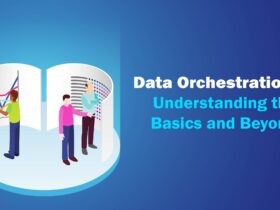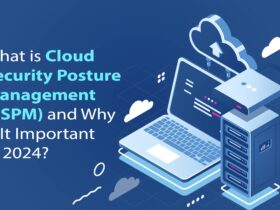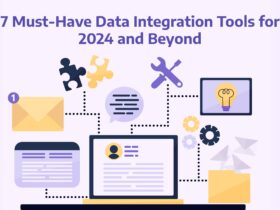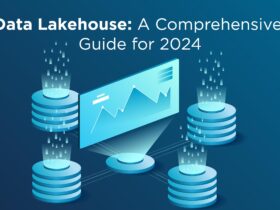Protegrity, a global leader in data-centric security, announced version 9.0 of the Protegrity Data Protection Platform with enhanced security and data-sharing features so businesses can unleash the full power of their data in increasingly complicated technology environments. Companies compete on data outcomes but are often limited due to data security and privacy concerns. Platform updates include new data anonymization capabilities to deliver privacy-enhanced datasets for AI/ML and unified data security for multi-cloud environments to accelerate innovation.
Also Read: XCEL NEXT Announces First Batch of Investments Focused on AI and Metaverse
The Protegrity Data Protection Platform enables secure cloud migration, multi-cloud deployments, data sharing, and collaboration, with support for leading cloud vendors including Google Cloud Platform, Microsoft Azure, Amazon Web Services, and Oracle Cloud delivered through a single, streamlined interface. This single end-to-end solution manages data security across the enterprise, streamlines the security operation, and closes the security gaps that come from protecting data across platforms.
Most companies protect their data in walled gardens (accessible only to users of a particular platform) that inherently have gaps, complexity, and risk. Protegrity protects the data itself, wherever it is, which lowers security risks and ensures policy compliance.
“Moving to the cloud is essential for businesses to drive continued innovation, yet security concerns and complexity are slowing them from unlocking the full potential of their data,” said Paul Mountford, CEO, Protegrity. “Version 9.0 of the Protegrity Data Protection Platform empowers businesses to make protected data more accessible and productive so that they can capitalize on the power of advanced analytics. When we deliver precise data protection, we alter the enterprise data security model from ‘need to know to ‘need to share,’ unlocking data to deliver greater business value and innovation.”
Unified, Multi-cloud Data Security Empowers Business Resilience and Agility
Enterprise cloud adoption is the most significant technology investment for business transformation, with 98% of businesses implementing multi-cloud strategies and architectures, according to the IBM Institute for Business Value. But cloud adoption journeys have been hampered by data security and compliance concerns, slowing timelines, and stalling innovation. Modern businesses need flexible security tools to support a multi-cloud strategy.
Version 9.0 delivers unified data security across an enterprise’s multi-cloud environment. Through an ecosystem of partner integrations, we embed data protection capabilities into the tools businesses need like Cloud Managed Data Warehouses. Using a single, unified data protection platform across an organization’s vast multi-cloud infrastructure ensures consistently enforced and auditable data security. The offering allows data security and privacy to be consistent and pervasive, enabling companies to accelerate opportunities to use data to deliver better business outcomes and gain a competitive advantage
Anonymization Capabilities Deliver Privacy-enhanced, Analytics-ready Data Sets for Advanced Data Collaboration
With new anonymization capabilities designed to integrate into data science workflows, the Protegrity Data Protection Platform enables privacy-enhanced, analytics-ready datasets that accelerate access to data while allowing for broader collaboration and analysis.
Data scientists can now request privacy-enhanced datasets with an audit report that ensures privacy policy is enforced to meet the customer’s risk profile. When properly anonymized, data maintains a high degree of utility with assurances that privacy will be maintained, which empowers businesses to use and monetize customer datasets safely.

































